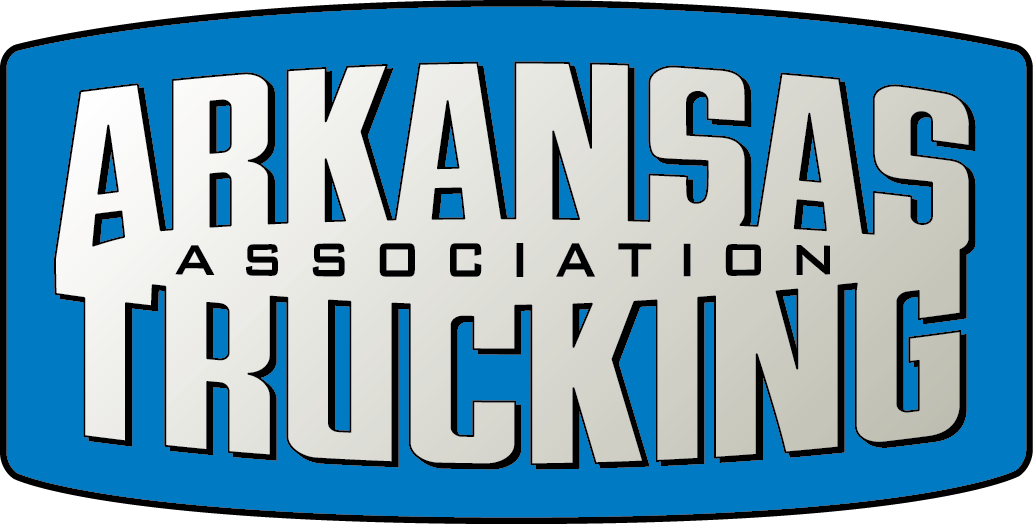Last year’s Clear Air Act gave former President Obama the authority to write emissions rules. However, two key provisions that would limit greenhouse gas emissions from big trucks have been halted.
In the original Environmental Protection Agency emissions proposals, glider kits—incomplete truck bodies that users can build out with older and less expensive engines, transmissions and axles—were subject to standards of aerodynamic efficiency. However, American Trucking Associations and other opponents argue that glider kits are not motor vehicles or engines, only pieces used to assemble a full vehicle, and therefore not eligible to be regulated.
“The previous administration attempted to bend the rule of law and expand the reach of the federal government in a way that threatened to put an entire industry of specialized truck manufacturers out of business,” EPA Administrator Scott Pruitt said in a statement.
Likewise, a federal appeals court halted implementation of aerodynamic efficiency standards set for trailers based on the interpretation of “new motor vehicles” and “new motor vehicle engines” as “self-propelled vehicles.”
The Truck Trailer Manufacturers Association, which has an ongoing lawsuit against the regulation, asked the court in September to halt the trailer portion.
“Trailers are not self-propelled. They emit nothing, and they lack engines or any other means of propulsion. They can move only when pulled by a tractor or another heavy-duty truck,” TTA argued.
American Trucking Associations, however, is concerned that appealing pieces of the federal regulation presents the opportunity to dismantle the nationwide standards and leaves the rules vulnerable to state-by-state regulations, which could be much more stringent in places like California.
Chris Spear, ATA’s CEO and president, said it August, “ATA believes a single national standard set by federal regulators is preferable to at worst, a patchwork of state standards or at best, a de facto national standard that is set without the appropriate opportunity for the entire regulated community – many members of which are not based in California – to weigh in.”


